From Stratcann by David Brown December 8 2023
The owners of a chain of cannabis stores that operate on First Nation land in Canada had one of their stores appropriated by a BC First Nation in 2020.
The Indigenous Bloom chain of stores has operated cannabis stores at various times in the past within several First Nations communities across Canada, primarily in British Columbia.
The corporation signed an agreement in 2019 with the Tseycum First Nation Band (TFNB) and a company called Tseycum Limited Partnership, both located on Vancouver Island, to operate a store on reserve land within the community. The term of the lease was for five years, beginning on September 24, 2019. The Dispensary opened for business on April 18, 2020.
However, in Summer 2020, the First Nation took over the store, telling the owners of Indigenous Bloom that the previous agreement for co-ownership of the business was not valid.

Indigenous Bloom took the TFNB to court, asking for their equipment, inventory, the modular building they installed, and cash from the business to be returned to them. The court denied their application.
The background
At around 11 pm on August 30, 2020, the manager of the cannabis dispensary was contacted by a security company, informing them that an alarm inside the business had been triggered.
The manager instructed the security company to call RCMP and then made her way to the store to see for herself what was happening. When she arrived just after midnight, the manager, identified in court records only as Ms Dick, says she saw numerous cars around the store, with people going in and out of the business, removing items.
In addition, all of the store’s signage had been removed, and someone was working on the security system.
Dick then told the court she was approached by a representative of the TFNB who informed her that the store was now the property of the First Nation.
Shortly after, Dick contacted IBC’s Vice President Brent Story, who arrived and began documenting activities at the cannabis store, saying he saw trucks loaded with Indigenous Bloom property and product and saw band leaders directing the activity.
On August 31, 2020, the store reopened as Frankie’s, operated by members of TFNB.
Indigenous Bloom submitted to the court that it was seeking to recover more than $350,000 in lost profits and other associated costs, which included cash on hand in the store, the value of cannabis products and equipment, as well as the building the store operated out of.
The agreement they claimed they had with the First Nation was for Indigenous Bloom to retain 49% of profits, with the First Nation and associated limited partnership operating the business on a day-to-day basis.
For their part, representatives from TFNB and Tseycum Limited Partnership (TLP) say the Buckshee Lease signed by TFNB was invalid because these leases contravene the Indian Act. They also told the court that the documents had not been signed by the named First Nation’s or TLP’s representatives.
As such, they contend that Indigenous Bloom did not have the right to operate the business or even be present on their land. A Buckshee lease is an unregistered lease made between a band member or the band itself with an interest in land and a lessee. Courts in the past have considered them unenforceable.
Although Indigenous Bloom had sought the injunction against TFNB and TNB, citing concerns for the precedent the First Nation’s actions could create, the court disagreed. While representatives for Indigenous Bloom characterized the takeover of the store as a “heist” and “robbery”, and of vigilante justice, the court disagreed, noting that their claims to rights with regard to the reserve land are not without merit, “They are not outsiders,” wrote the judge.

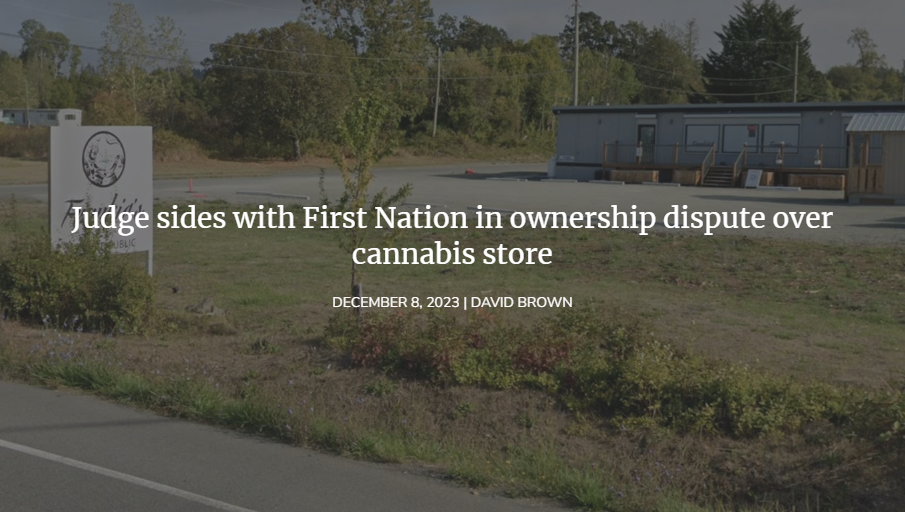

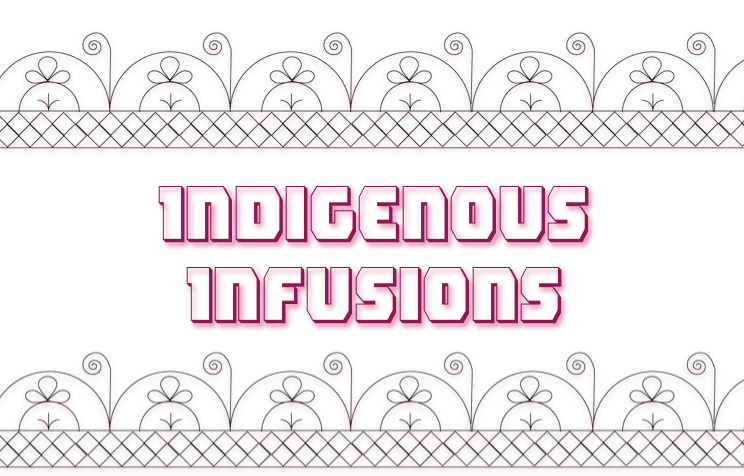



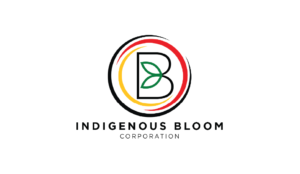
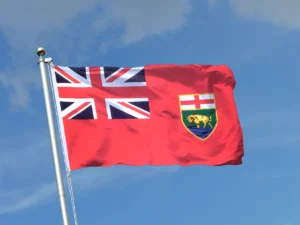
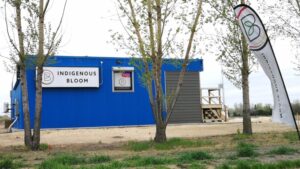
Comments are closed.